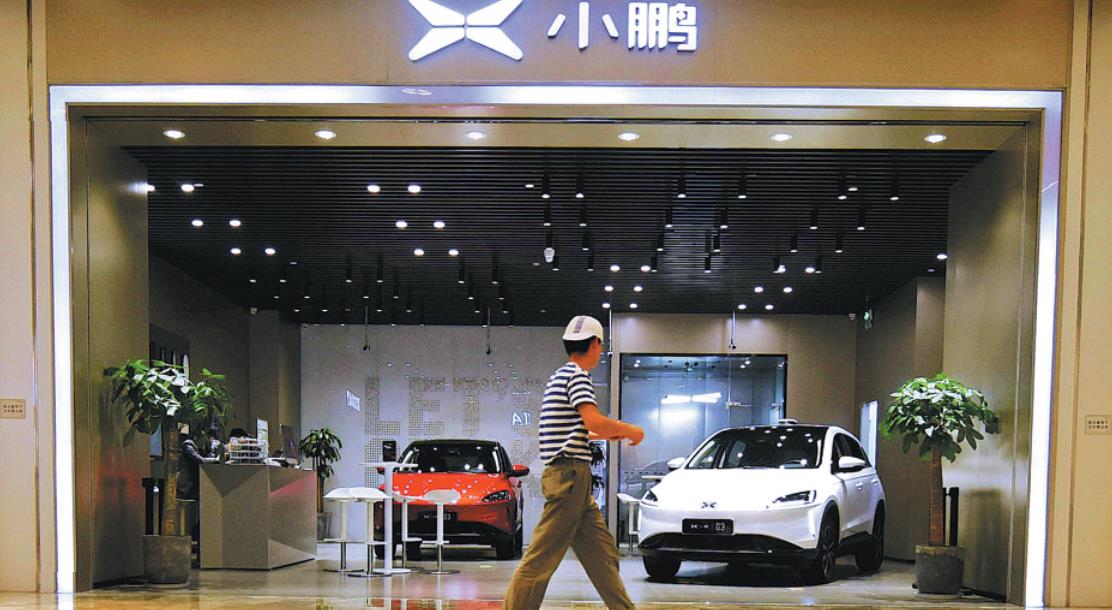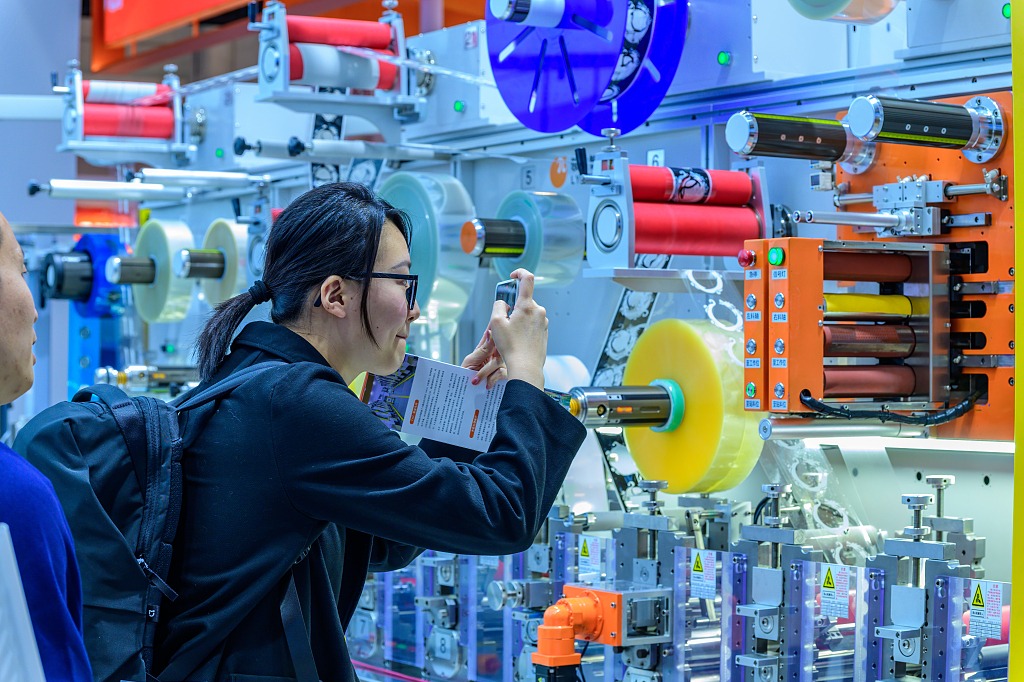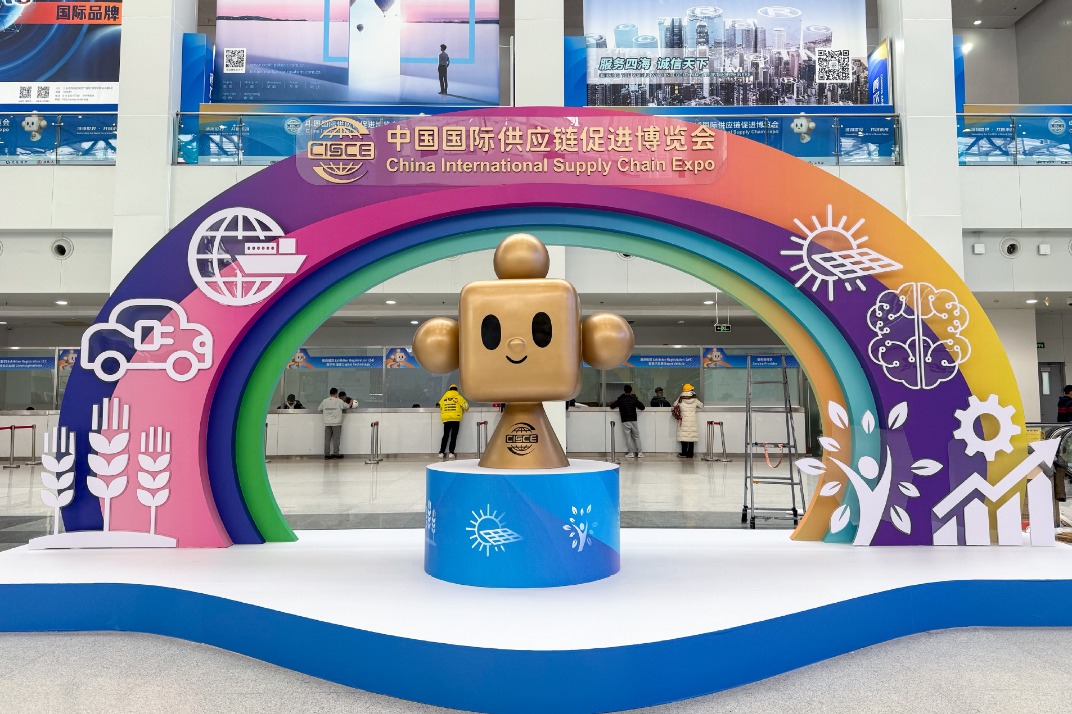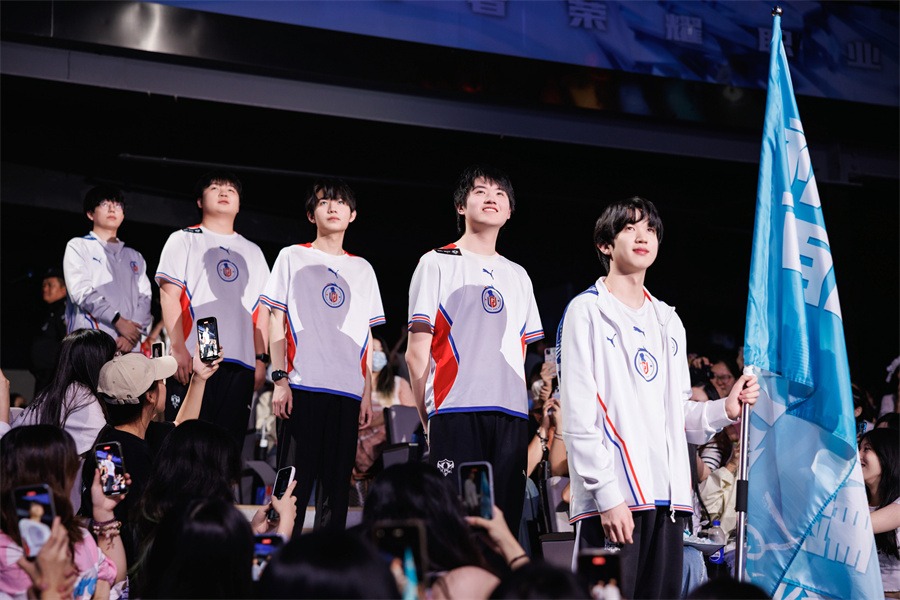Nio, Xpeng Motors agree to share charging infrastructure across country


Chinese electric vehicle startups Nio and Xpeng Motors have decided to share charging services to make life easier for their customers in the world's largest electric vehicle market.
According to the agreement signed Wednesday, the two sides will connect their charging network data and payment processes, which will allow customers of both companies to use each other's charging stations at no extra cost.
Car owners can access public charging infrastructure with their respective smartphone apps.
They can check for locations, status, charge and pay at both Nio and Xpeng's charging stations.
As a service supplier, Nio Power has also joined with the Xpeng home charging service system, providing Xpeng customers with charging pile home installation services.
Shen Fei, vice-president of Nio, said they have cooperated with most charging pile suppliers, not just Xpeng. "Our goal is to give users a better charging experience and provide the most convenient and efficient facilities-no matter what app they use, online or offline," Shen said.
According to China Electric Charging Infrastructure Promotion Alliance, Nio had 1,070 charging piles by the end of October.
"Xpeng Motors is very pleased to work with Nio Power to expand charging facilities for our customers," said Xiao Bin, senior vice-president of Xpeng, in a statement.
"As front-runners in the smart electric vehicle manufacturing and services, Xpeng and Nio will continue to explore more efficient ways to optimize our customer experience," Xiao added.
Since March, 30 Xpeng supercharging stations have been put into operation in some first-and second-tier cities, such as Beijing, Shanghai, Guangzhou, Shenzhen, Hangzhou, Tianjin and Qingdao.
The company has signed agreements for more than 120 supercharging stations. By the end of October, 78 supercharging stations were in operation in 19 cities nationwide.
In the first 10 months of this year, Chinese electric vehicle startups sold around 50,000 vehicles, accounting for only 5.3 percent of China's new energy vehicle market which totaled 947,000 sales in the same period.
The sales of new energy vehicles fell for a fifth month in a row since July, according to the latest statistics of the China Association of Automobile Manufacturers.
The association claimed this was a result of cuts to government subsidies.
An industry insider said that sharing charging infrastructure will give customers greater access and cut operating costs.
According to Nio, it delivered 2,528 electric vehicles in November, marking the fourth consecutive month of sales growth.
Total deliveries for the first 11 months this year reached 17,395. The company will unveil the ES6 Coupe during Nio Day 2019 to be held on Dec 28 in Shenzhen.
Xpeng sold 1,016 G3s in November, according to data from the China Passenger Car Association. The carmaker plans to unveil its second model-the P7 sports sedan-at a pre-sale price from 270,000 yuan ($38,655) with deliveries expected to start in the second quarter of 2020.




































